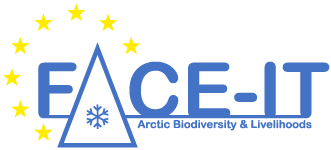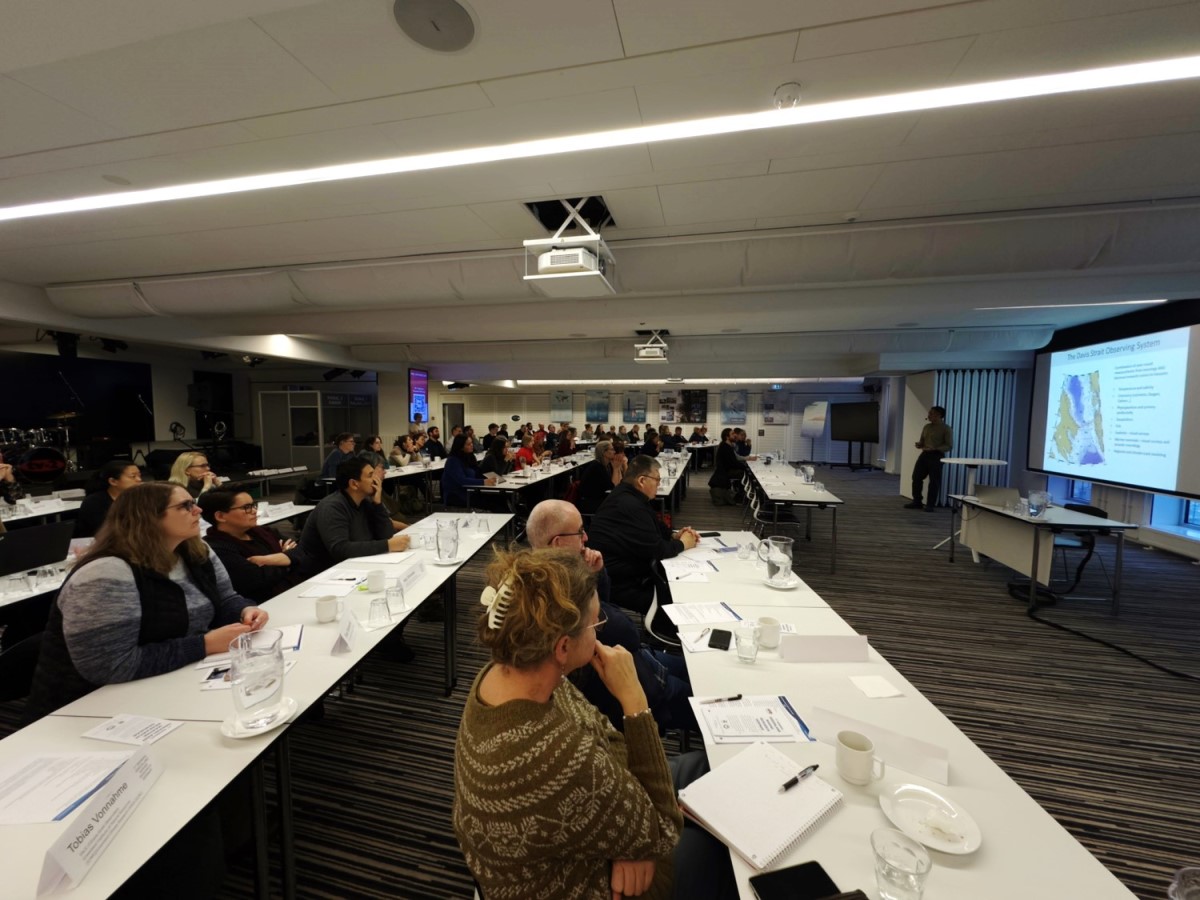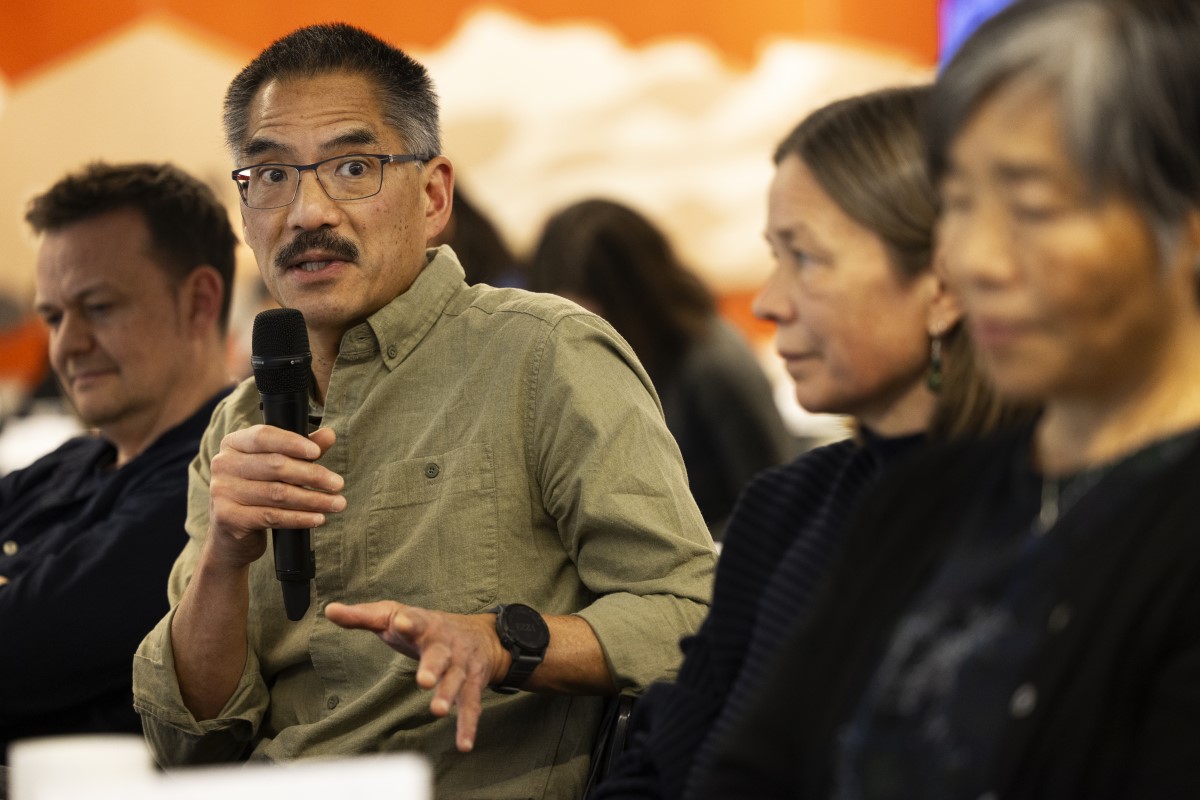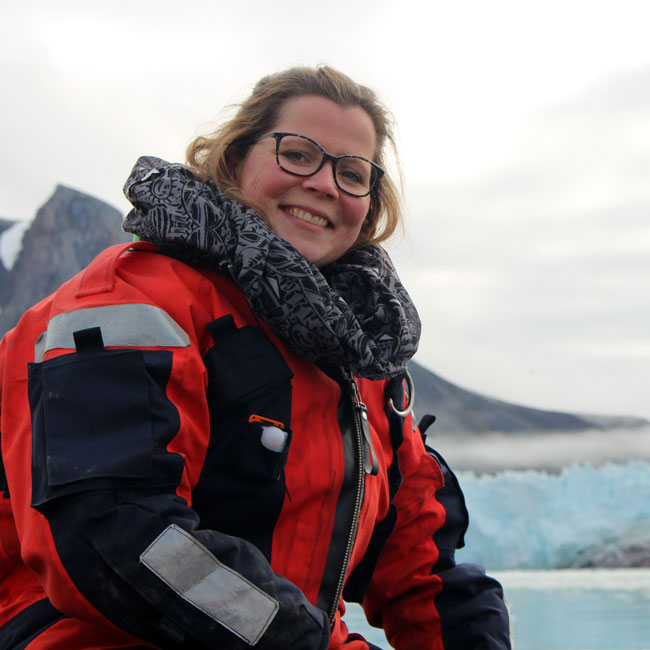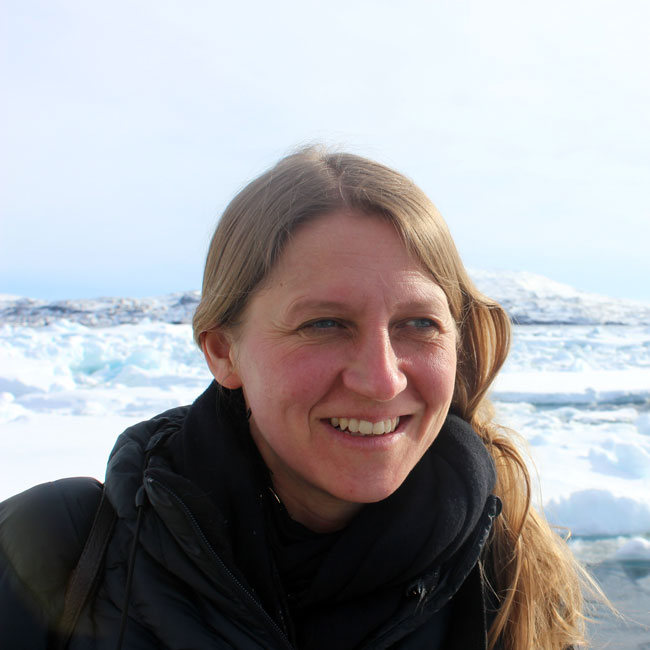First biennial Greenland Marine Research Seminar co-organized by FACE-IT
[Published 17 November 2023]
Workshops
The first biennial Greenland Marine Research Seminar hosted by the Greenland Institute of Natural Resources (GINR) brought together the Davis Strait Observing System as well as the FACE-IT and ECOTIP projects with stakeholders, managers, and researchers from 45 different national and international institutions and organizations to discuss marine research. The three international marine research projects are anchored in Greenland in their collaboration with GINR. The projects presented their key findings and knowledge gained from two decades of marine studies during the seminar, which was part of Greenland Science Week 2023 in Nuuk.
The seminar represented an opportunity for the participants to go into cross-disciplinary dialogues on new research findings, different views and understandings of marine ecosystems, research communication, and what knowledge-gaps could potentially be targeted in future marine research projects.
Some of the key findings presented by the three projects included:
- 20-year time series show that Davis Strait waters are getting colder and fresher, which may affect local ecosystems and potentially influence the global ocean circulation in the long term.
- Changes in the marine environment, resulting from climate change, can have significant impact on the organisms living in the waters between Greenland and Canada.
- Changing water temperatures and retreating glaciers have the strongest influence on fjord ecosystems in Greenland and the North Atlantic.
- Retreating glaciers and changing meltwater discharge can have a large impact on the biological productivity and organisms living in these fjords.
- Some seaweed (macroalgae) species are expected to move further north when water temperatures increase. Changing species composition and distribution of species may affect productivity and carbon cycling in these waters.
- A displacement of shrimp to the north along with the occurrence of mackerel are some of the changes observed in Greenland waters in recent times.
- Socie-economical conditions are often more important for political decision making than climatic conditions.
A participant survey underlined the need for this type of seminars with cross-disciplinary dialogues between stakeholders, managers, and researchers. The second biennial Greenland Marine Research Seminar is planned for 2025.
Check out this newspost on all FACE-IT involvements at the Greenland Science Week 2023.
Photos: Christian Klindt Sølbeck, Diana Krawczyk & Thomas Juul-Pedersen (all Greenland Institute of Natural Resources (GINR)) and
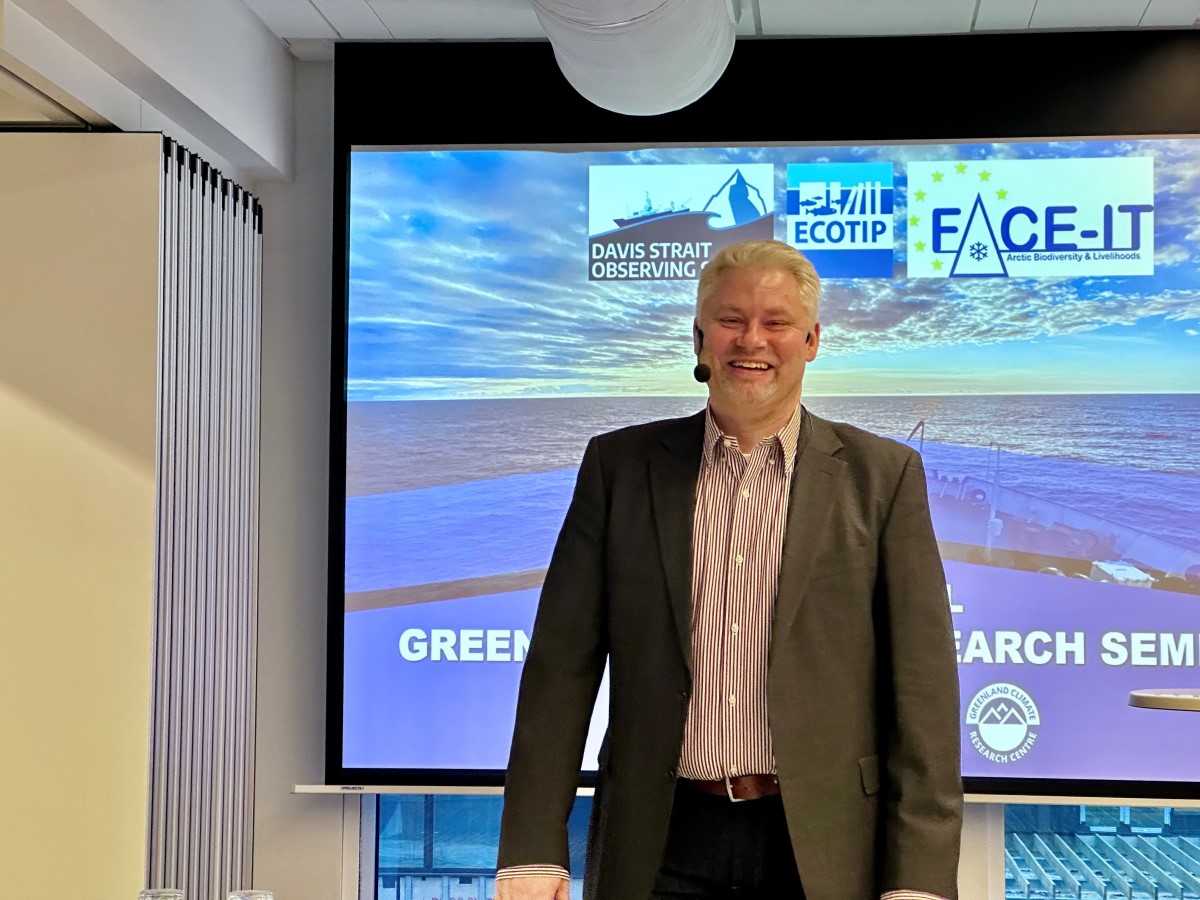
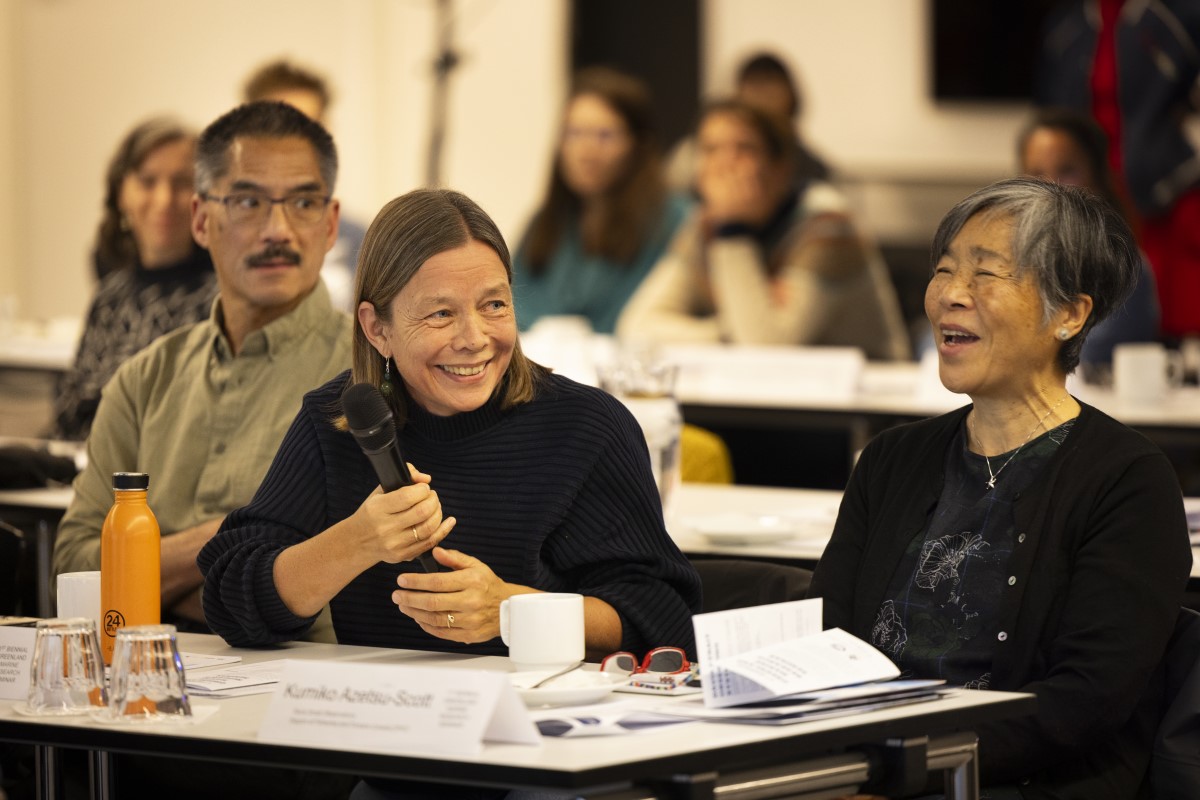
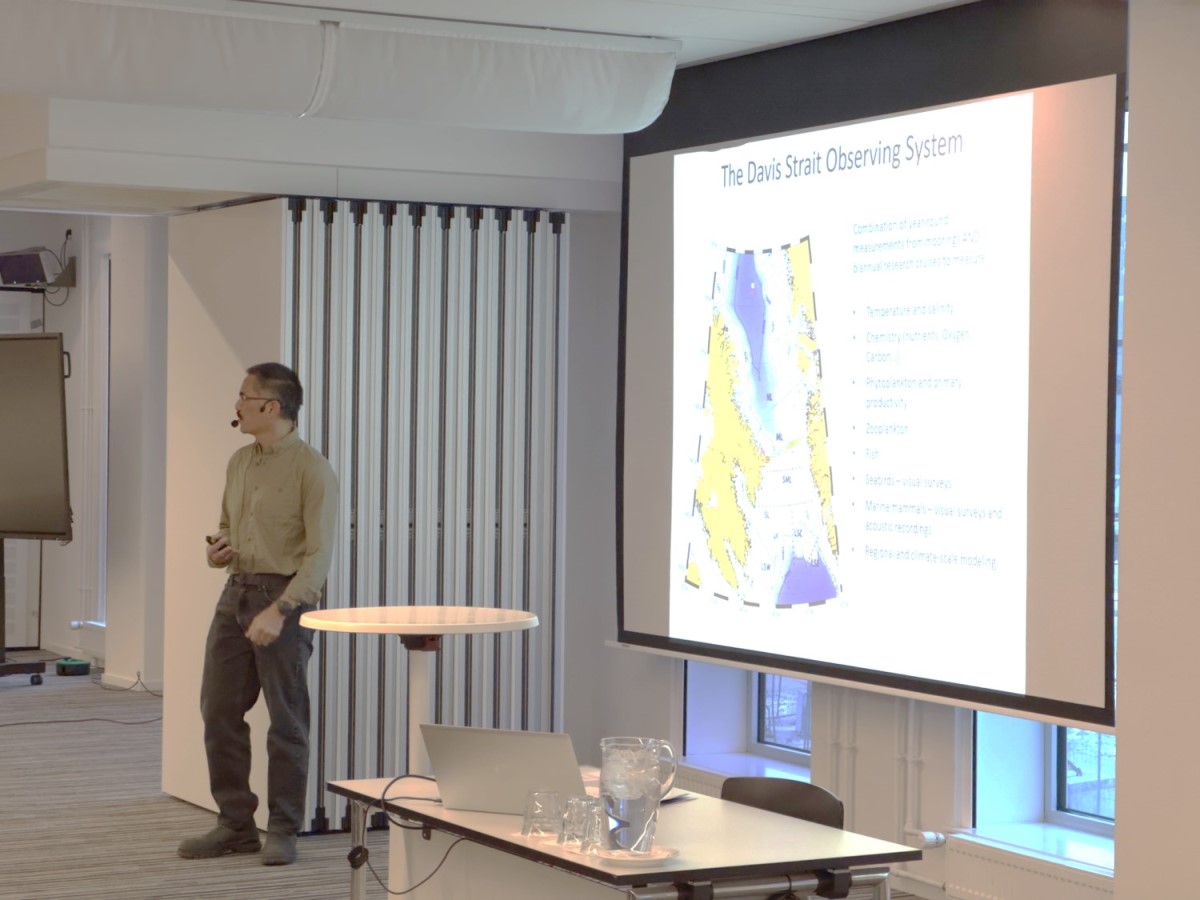
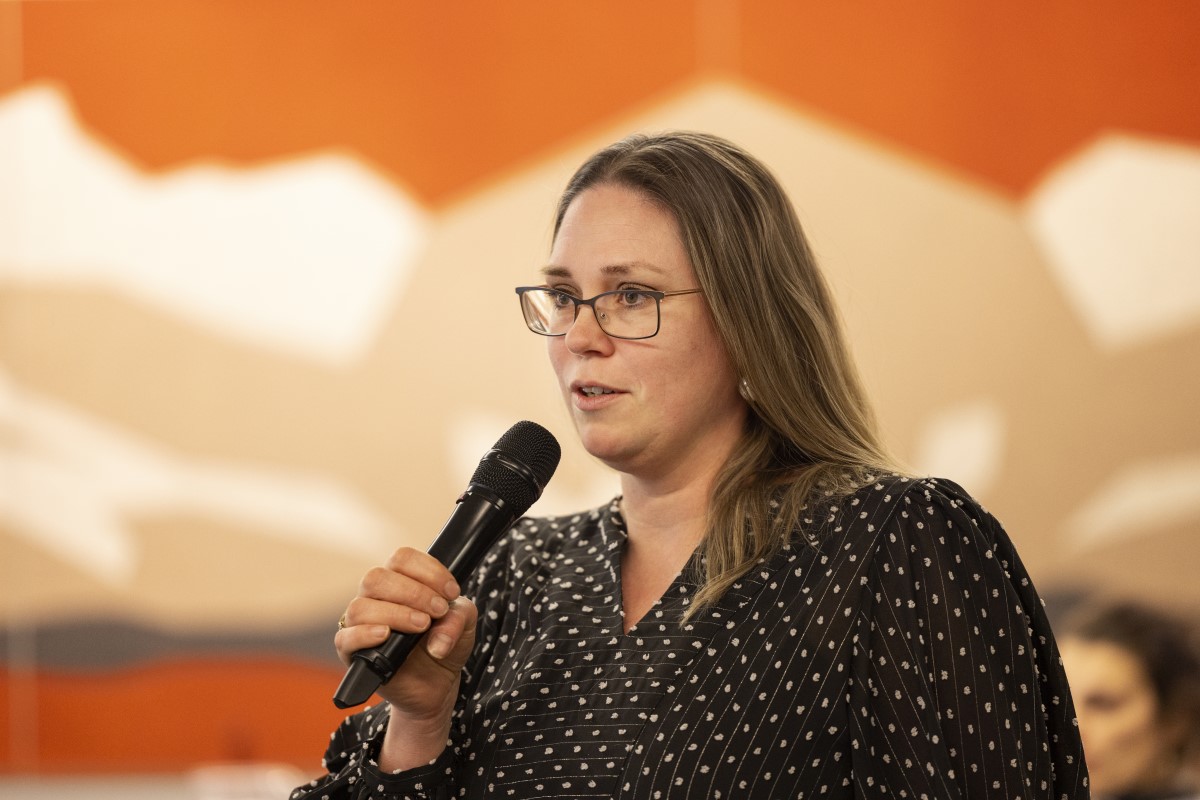
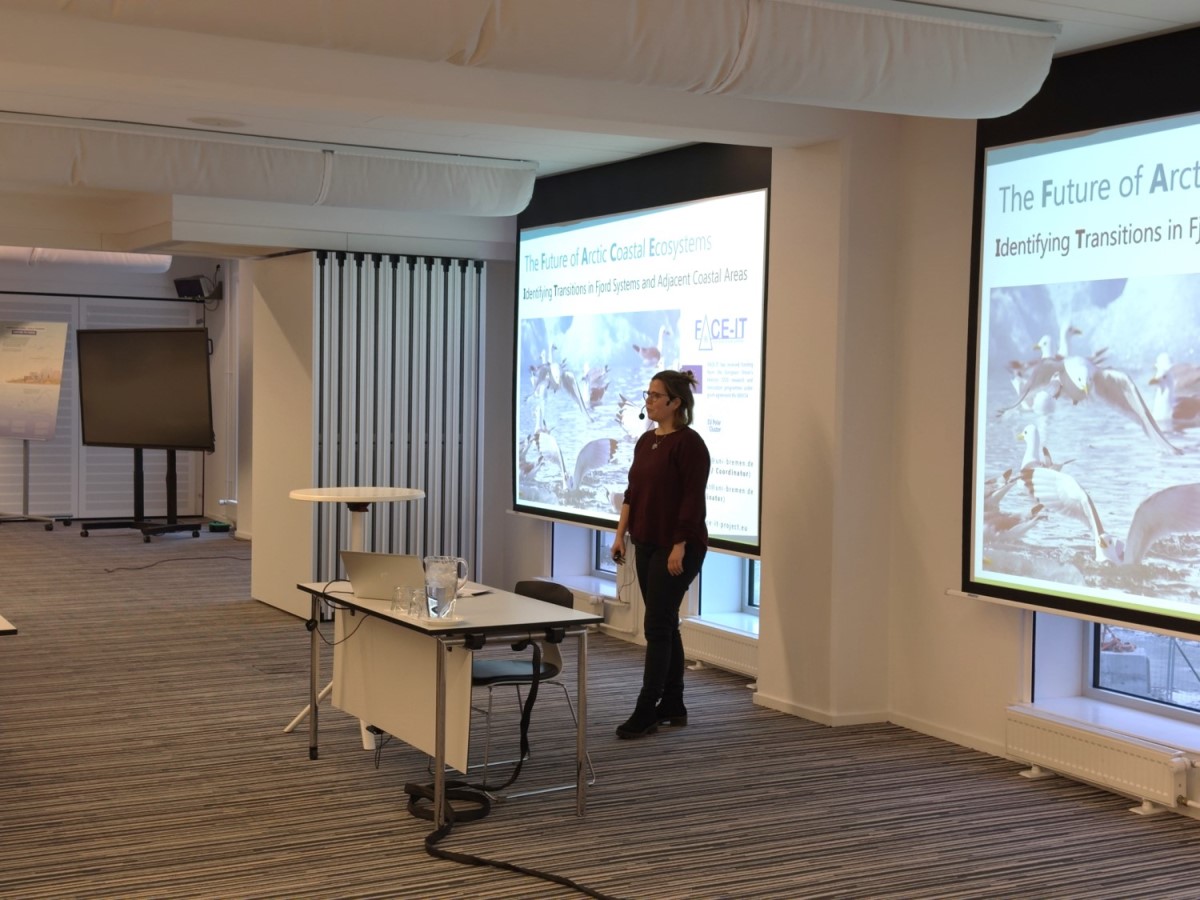
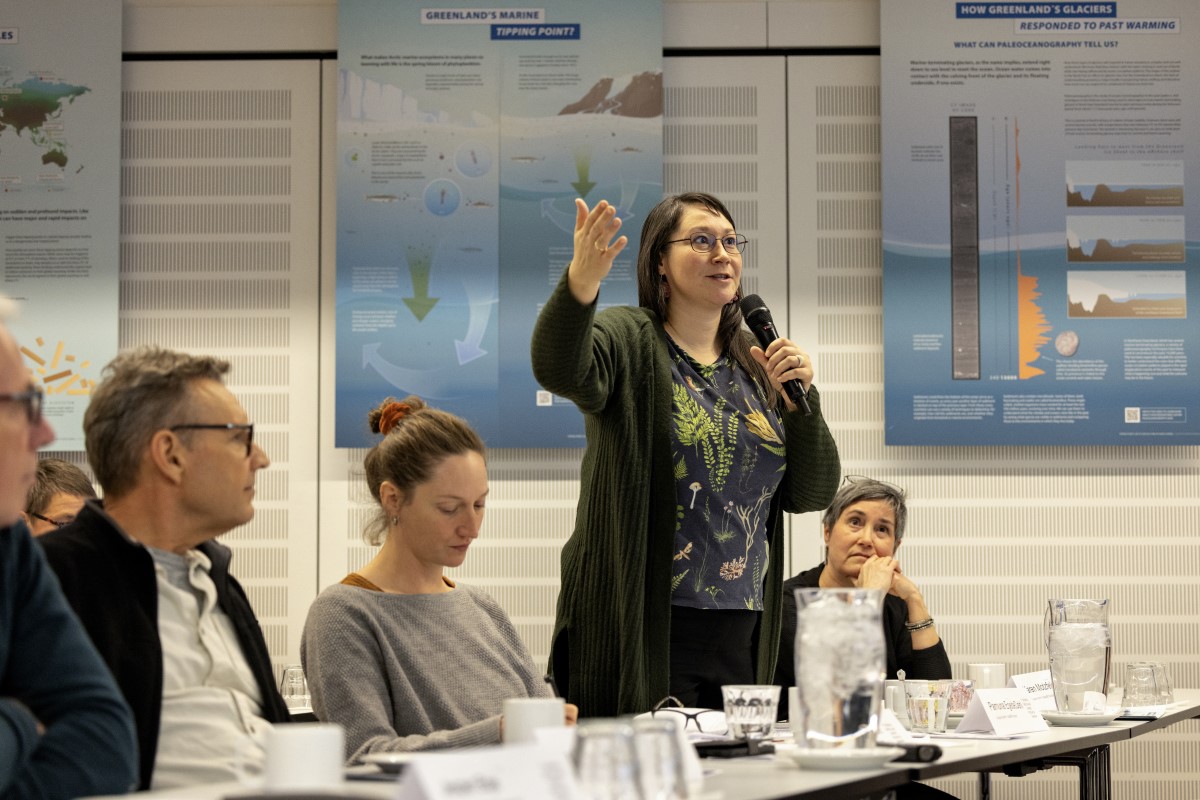
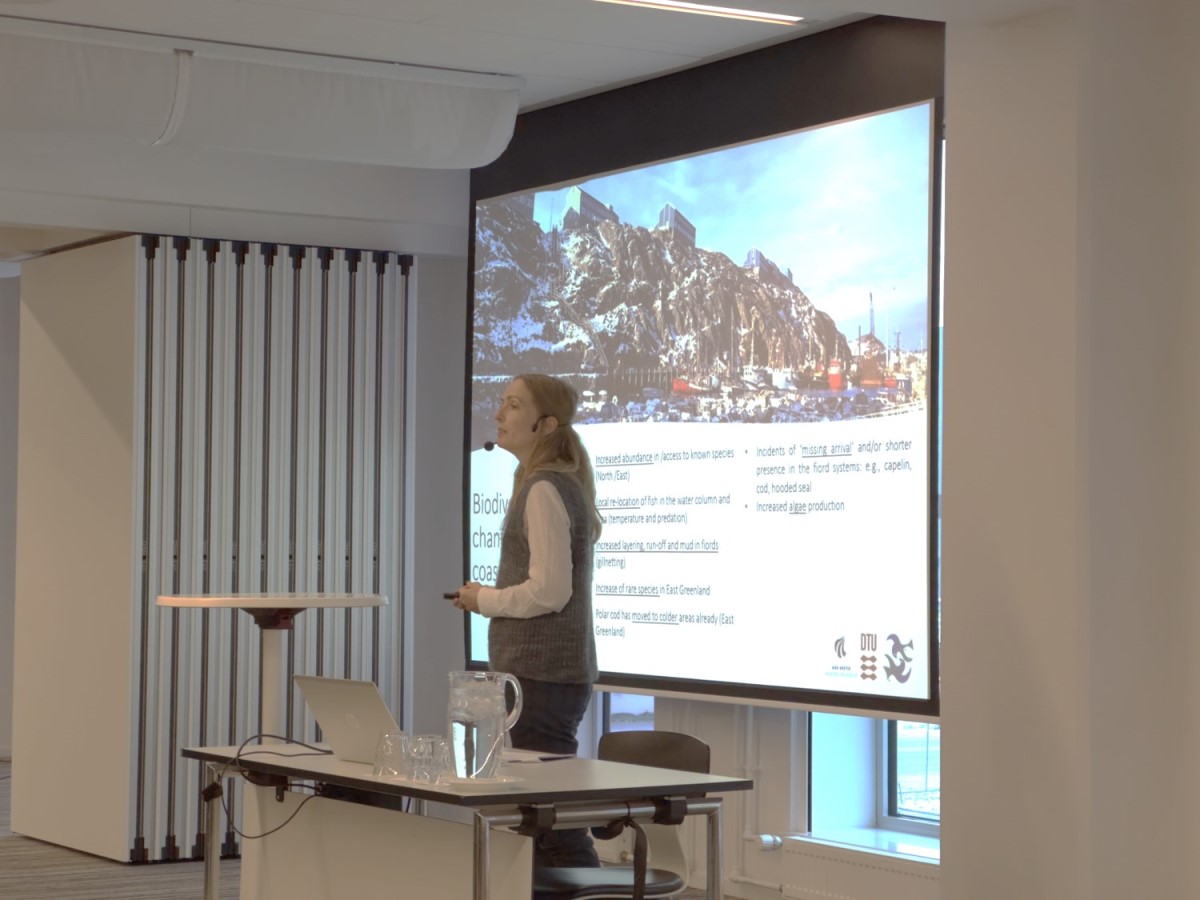
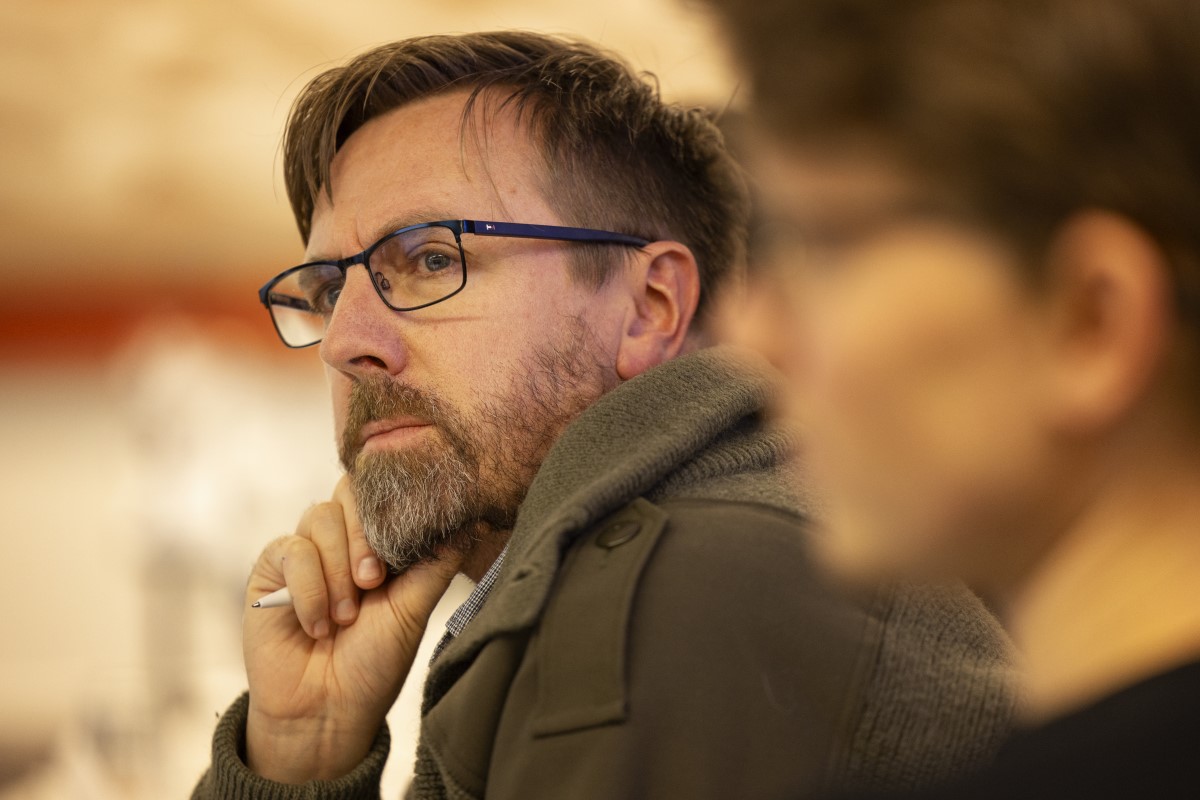
People involved
Thomas JUUL-PEDERSEN
Role in FACE-IT:
• Researcher "Ecosystem Function Changes"
Greenland Institute of Natural Resources, Greenland Climate Research Centre (GCRC), Nuuk, Greenland
GCRC personal page
Thomas’ FACE-IT Projects
Nora DIEHL
Role in FACE-IT:
• Researcher "Biodiversity Changes"
• Researcher "Ecosystem Function Changes"
Marine Botany, University of Bremen, Germany
ResearchGate
Nora’s FACE-IT Projects
Lill RASTAD BJøRST
Role in FACE-IT:
• Member of the Executive Board
• Co-Leader "Food Provision and Livelihoods"
Aalborg University, Copenhagen, Denmark
AAU personal page
Lill’s FACE-IT Projects
